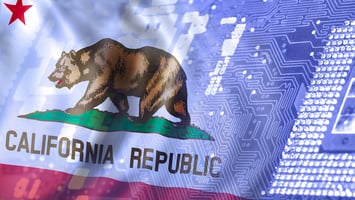The debate surrounding California’s new law aimed at regulating AI-generated election content...
The Future of Deepfakes in Political Discourse: Protecting Integrity Through Attribution
As deepfake technology advances, political figures—like celebrities—are becoming increasingly vulnerable due to the vast amounts of publicly available data about them: photos, videos, speech patterns, and emotions. During this election cycle, we saw numerous deepfakes and AI-generated content featuring prominent political figures. While many of these were created with comedic or satirical intent, others carried more serious implications and came from bad actors.
Although creating deepfakes at scale remains challenging, this will likely change as generative AI becomes more accessible and powerful. In future elections, this technology could profoundly impact political discourse, as bad actors will be able to rapidly create and deploy lifelike deepfakes and AI-generated content to the masses.
When that time comes, where will government officials turn to assess and vet media? They will need more than just deepfake detection; they will require clear, explainable evidence to validate their assessments. Attribution will be crucial to understanding the origin of disinformation and determining whether it’s a hostile actor's work or political parody.
Across the country, legislation against political disinformation is being introduced in various states. Some argue these laws are essential for protecting democracy and political discourse, while others view them as an infringement on free speech. How will government officials distinguish between the two?
At Chess, we believe attribution is key to distinguishing legitimate political speech from foreign interference. Our Authentica platform provides forensic analysis that supports accurate attribution, helping government officials vet media. Join government officials worldwide who vet media with Authentica here!
What are your thoughts? Join the conversation and leave a comment below!



